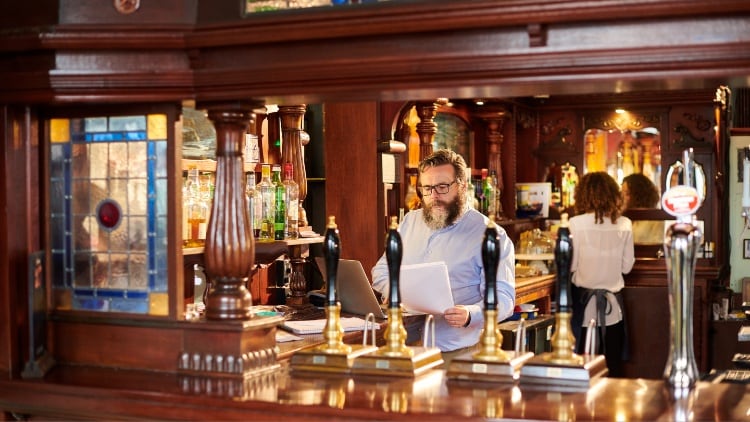On Thursday 31 July the Licensing Taskforce, made up of representatives from Government, industry, police and local authorities, issued a joint report looking at ways the Government could support the sector.
The joint taskforce was established on 9 April 2025 and ran until 16 May 2025, co-chaired by Greene King CEO Nick Mackenzie and Gareth Thomas MP, Minister for Services, Small Business and Exports.
Businesses indicated aspects of the current licensing system under the Licensing Act 2003 lacked proportionality, consistency, and transparency, creating barriers to growth and investment.
Priority recommendations
The taskforce was asked questions around current issues with the licensing system, how policy changes have impacted licensing decisions, how the current licensing system could be improved as well as how the Government could provide better guidance to local authorities and services.
The 10 priority recommendations were:
- The introduction of a National Licensing Policy Framework. Section 4 of the report sets out areas that would form the content of such a framework. These include reviewing the cut-off time for the deregulation of live and recorded music, maintaining the GOV.UK online licensing portal, ensuring that duplication of legislative regimes is really avoided in licensing, giving powers to licensing officers to make recommendations which ‘carry the highest weight’, extending the 28-day period for reinstating a lapsed licence and several more.
- A one-time (twentieth anniversary) licensing condition ‘amnesty’ to modernise and streamline licences
- Hearings and appeals – various recommendations, including a strengthening of the objections procedure to prevent unnecessary and unsubstantiated objections
- Remove the hard-copy local newspaper advertising requirement
- Improve the potential for licensed premises to better use their outside spaces by removing regulatory barriers, improving licensing decisions, simplifying processes, and achieving greater consistency
- Increase the maximum entitlement for Temporary Event Notices (TENs) for licensed premises (that is those with existing premises licences) to help generate new opportunities for existing businesses. Premises can currently apply for a maximum of 15 TENs in one year, for a total period of 21 days. The recommendation suggests increasing the automatic entitlement to ideally 25 TENs covering 30 days, but as a minimum, the same level as during COVID that is 21 TENs, for a total period of 26 days per year
- ‘Sunset clause’ on blanket hours policies to avoid situations where a restrictive policy is put in place to deal with a specific issue, but the policy in effect runs forever or is continually renewed using the original out of date evidence base
- An arbitration, evidence, and data protocol for licensing decisions. Section 5 of the report outlines the core features to be included in the protocol
- Festivals and events – amendments to the fees required and duration of licences
- Make the agent of change principle a factor that must be considered when making licensing decisions (similarly to the way it is considered by planning authorities when making planning decisions)
Other ‘secondary’ recommendations included a review of licensing fees, extended blanket hours for specific local events, a review of the late-night levy and removal of early morning restriction orders.
Commenting on the recommendations, Poppleston Allen senior associate solicitor Andy Grimsey told The Morning Advertiser (The MA): “Although we have not yet had the opportunity to review and fully interpret all the recommendations in the Licensing Taskforce report, any changes that ease the burden on operators are undoubtedly welcome news.
Significant step
“The 10 priority recommendations, alongside the secondary proposals, represent a significant step forward in reducing red tape for the hospitality sector and enhancing profitability.
“Overall, these developments should be viewed as a highly positive move within the licensing landscape. However, there is currently no clear indication of the Government’s timeline for responding.”
There is currently no timescale for the Government’s response but the the recommendations were met with a positive reception from the industry.
- This information was originally published by licensing solicitors Poppleston Allen here.




